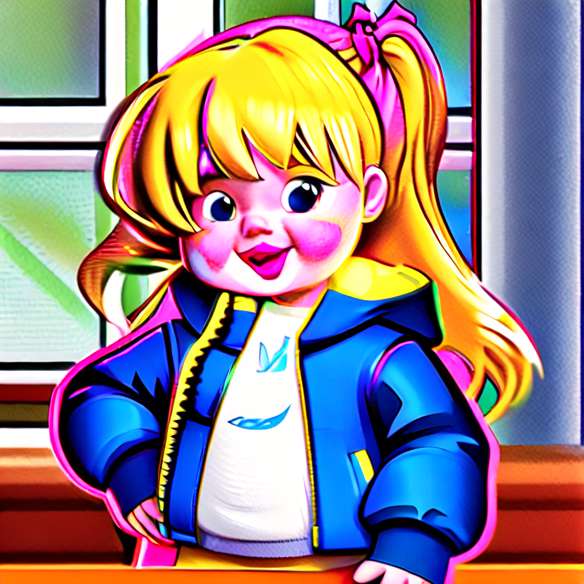Baby nutrition: anti-regurgitation solutions

Why do babies regurgitate?
We must first distinguish the regurgitation banal reflux. The former are generally related to the immaturity of the digestive system of thechild or the fact that it drinks a little fast for example, are not very abundant, do not cause discomfort for thechild and often occur just after the meal, like an overflow. Add to that the fact that the baby is fed exclusively with fluid and spends most of his time lying down. For these reasons, it is very rare for regurgitations to persist after 1 year. While the pathological regurgitations of gastroesophageal reflux disease (GERD) correspond to rising acidity, occur at a distance from meals and the regurgitated liquid being gastric fluid that rises, we feel the characteristic sour smell and especially it is painful for the baby. Ultimately, GERD can cause repetitive bronchitis since the fact that the acidity goes up and down will irritate the throat or even the bronchi. A number of respiratory diseases are thus attributed to GERD.
What solutions exist to overcome it?
In the banal forms of regurgitation, one does not panic and one applies the following measures: to split a little the meals if necessary, to equip the baby bottle a nipple flow not too fast, check that the quantities given to him are adapted to his age, raise his bed ... If all this does not really give results, we can also choose a milk at the thickened formula (starch, rice flour ...). By a ballast effect of the bolus, it will prevent it from rising. On the other hand, in the context of a pathological reflux, it may be necessary to give an anti-emetic or even an antacid. If reflux persists despite usual treatment, consideration should be given to possible intolerance to cow's milk.
Is there a difference between breast and bottle feeding?
I think we have fewer digestive problems in babies breastfed.








